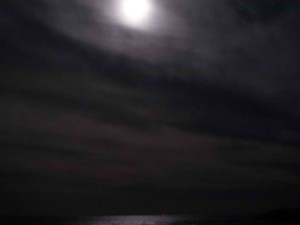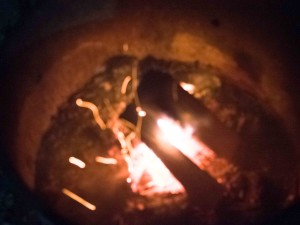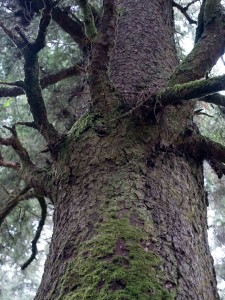“There was an enormous difference between my mother’s two personalities. That was why as a child I often had anxiety dreams about her. By day she was a loving mother, but at night she seemed uncanny. Then she was like one of those seers who is at the same time a strange animal, like a priestess in a bear’s cave. Archaic and ruthless; ruthless as truth and nature. At such moments she was the embodiment of what I have called the ‘natural mind.'” C.G. Jung, Memories, Dreams, Reflections, p. 67
Jung perceived this “other” personality in his mother: not the solid Christian believer and pastor’s wife and benevolent mother, but a personality more akin to nature itself. Wild like an animal, unconcerned with saving the appearances, connected to reality in a more direct, less civilized way. How many children, I wonder, sense what exists under the surface in a parent? I also wonder how this experience with mother’s archaic self predisposed Jung to his own deep connection with the natural mind.


